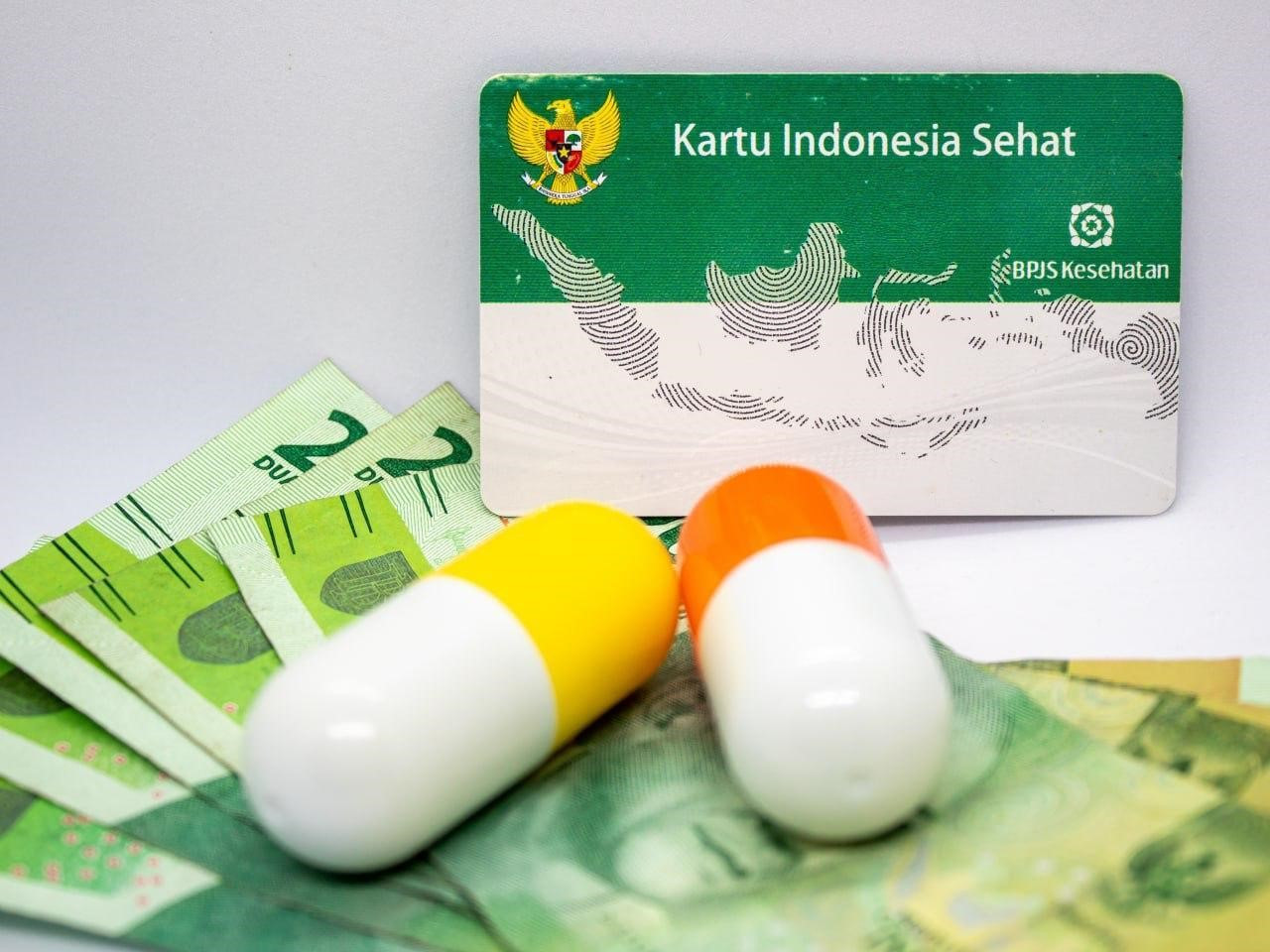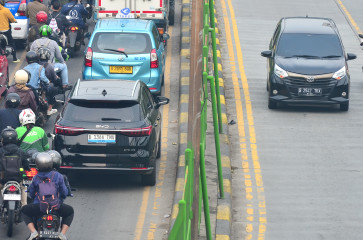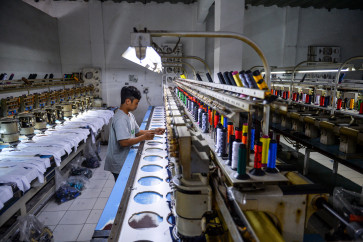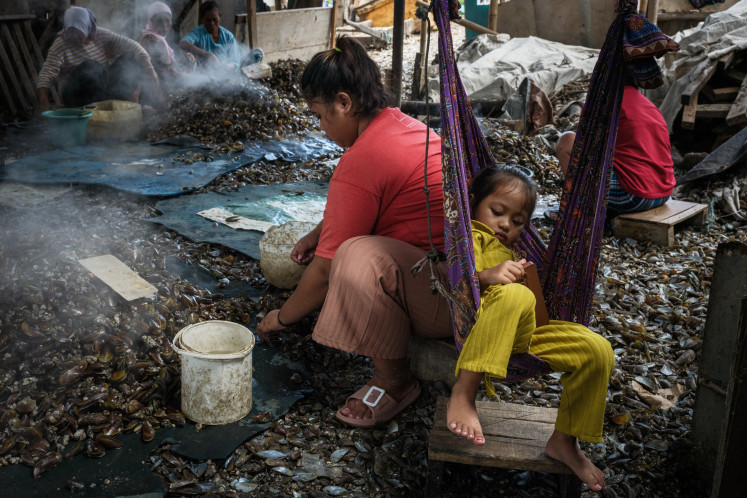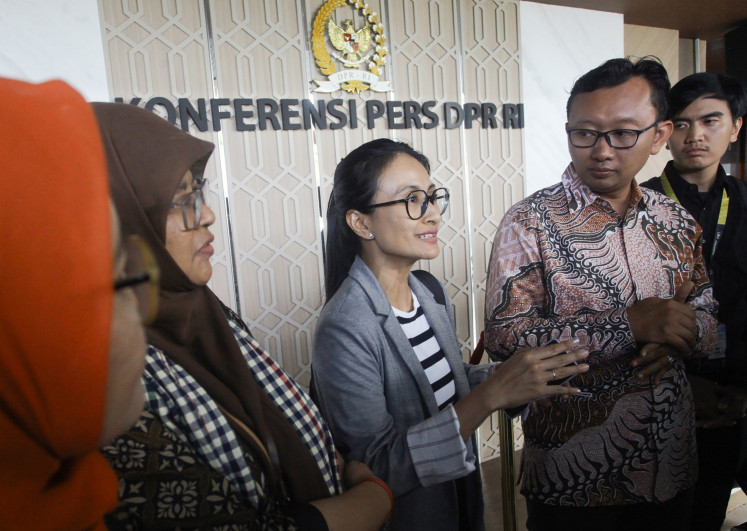Popular Reads
Top Results
Can't find what you're looking for?
View all search resultsPopular Reads
Top Results
Can't find what you're looking for?
View all search resultsBPJS Kesehatan ensures drug coverage under Health Ministry’s National Formulary
Change text size
Gift Premium Articles
to Anyone
F
or patients, access to the right medication is more than just a medical necessity — it represents a sense of security and hope for recovery. For participants of the National Health Insurance (JKN) program, administered by BPJS Kesehatan, the assurance of drug availability is not only about treatment but also about peace of mind.
BPJS Kesehatan spokesperson Rizzky Anugerah said that all medicines covered under the JKN program are regulated through the Health Ministry’s National Formulary (Fornas). The formulary, he explained, is compiled by a team of pharmacology experts appointed by the health minister and based on the latest scientific evidence, prioritizing medicines that are effective, safe and affordable.
The National Fornas Committee, established under a ministerial decree, comprises practitioners, academics, representatives from the Food and Drug Monitoring Agency (BPOM) and other relevant stakeholders.
“All medicines covered by the JKN have gone through a rigorous selection process in line with the medical needs of Indonesia’s population. Fornas is expected to ensure quality and effective treatment, promote rational drug use, optimize patient care and support better planning and supply of medicines,” Rizzky said on Friday.
He emphasized that in the event of a stockout, hospitals are obliged to provide substitute medicines with the same active ingredients. “The drugs given to participants remain fully covered under the JKN, so patients will not incur additional costs,” he stressed.
Hospitals, he added, are prohibited from charging extra fees for JKN-covered drugs. This policy is aligned with the JKN’s Service Pledge, which guarantees that all benefits must be delivered without discrimination and without additional charges.
“This is a tangible manifestation of the constitutional mandate, where the state ensures social protection for all citizens. In this moment of independence, we want to reaffirm that every JKN participant is entitled to their full rights without being burdened by drug costs,” Rizzky said.
Since its launch in 2014, the JKN program has provided countless benefits to participants, ranging from easier access to health services to comprehensive treatment coverage. It has become a crucial safety net for Indonesians seeking care at healthcare facilities.
One such story comes from Siswanto, a resident of Sidomulya village in Kediri regency, whose only son Diego has been undergoing treatment for thalassemia at Simpang Lima Gumul General Hospital. The long journey, both physically and financially, has not been easy. Yet, thanks to the JKN, Siswanto said he could breathe a little easier, as all of Diego’s medical services, including drug costs, have been fully covered.
“I am grateful to God that my son and I are enrolled in the JKN. It has been a huge help for us. From transfusions and medical checkups to medicines, everything is provided in full. We feel truly cared for, and that means a lot to us. The JKN has given us hope and eased our burden in life,” Siswanto said.
For further information, please contact the BPJS Kesehatan Communications Division via email at humas@bpjs-kesehatan.go.id or visit the official website at www.bpjs-kesehatan.go.id.

